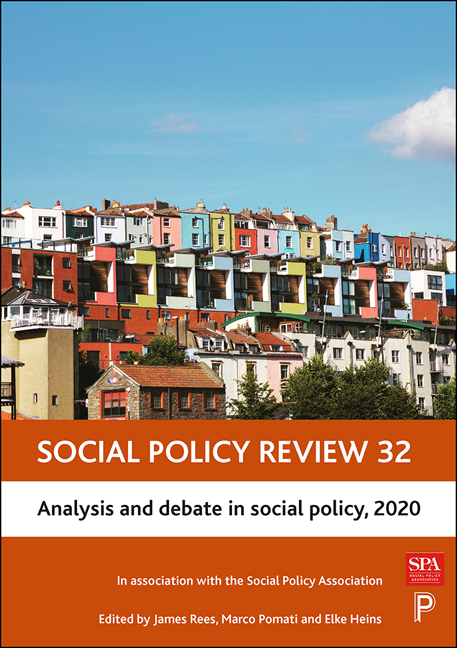2 - ‘Race’: the Missing Dimension in Social Policy Higher Education?
Published online by Cambridge University Press: 18 March 2021
Summary
Introduction
The discipline of Social Policy within university teaching provision is closely linked to key questions addressed by public policy, particularly those concerned with the welfare of the population, such as poverty, gender and disability, as well as the well-established divisions of welfare, such as housing, health, education, the labour market, social assistance and social care. Over the past hundred years or so, the work of individual academics and researchers in the fields of Social Administration and Social Policy, and, more recently, the work of the Social Policy Association (SPA) and its predecessor the Social Administration Association, has been at the forefront of critiques of public welfare provision, seeking and often achieving significant improvements in aspects of welfare.
However, it has been noticeable that public policy has failed to address the issue of ‘race’, or, more precisely, racism, to any significant degree, despite the slow emergence of anti-discriminatory legislation since the 1960s (Craig, 2007). Furthermore, over the last ten years, the state, as legitimised by public comments by both major parliamentary parties, has steadily rendered invisible the dimension of ‘race’ within public policy, both directly and indirectly, through, for example, targeted cuts to equality machinery and public pronouncements that ‘race’ is no longer a key policy issue despite massive evidence to the contrary, including reports commissioned by the government itself (Craig, 2013; Craig and O’Neill, 2013). These signals were picked up by a range of organisations, including many local authorities, which set about reducing their commitment to anti-discriminatory practice and cutting services and funding targeted towards black, Asian and minority ethnic (BAME) populations (Craig, 2011). The failure to act on the findings of a long series of reports and some, albeit limited, academic literature (see later) detailing the ways in which members of BAME groups were disadvantaged is, in reality, a national and continuing scandal that is largely ignored in policy discussions (Chattoo et al, 2019).
More than ten years ago, Craig (2007: 610–11) commented: ‘It is important to acknowledge that neglect of the issue of “race” is not confined to social policy as political practice; it is shared by the academic discipline of social policy.’ It is still not uncommon for mainstream Social Policy texts to treat debates on ‘race’ and racism as marginal.
- Type
- Chapter
- Information
- Social Policy Review 32Analysis and Debate in Social Policy, 2020, pp. 25 - 50Publisher: Bristol University PressPrint publication year: 2020



